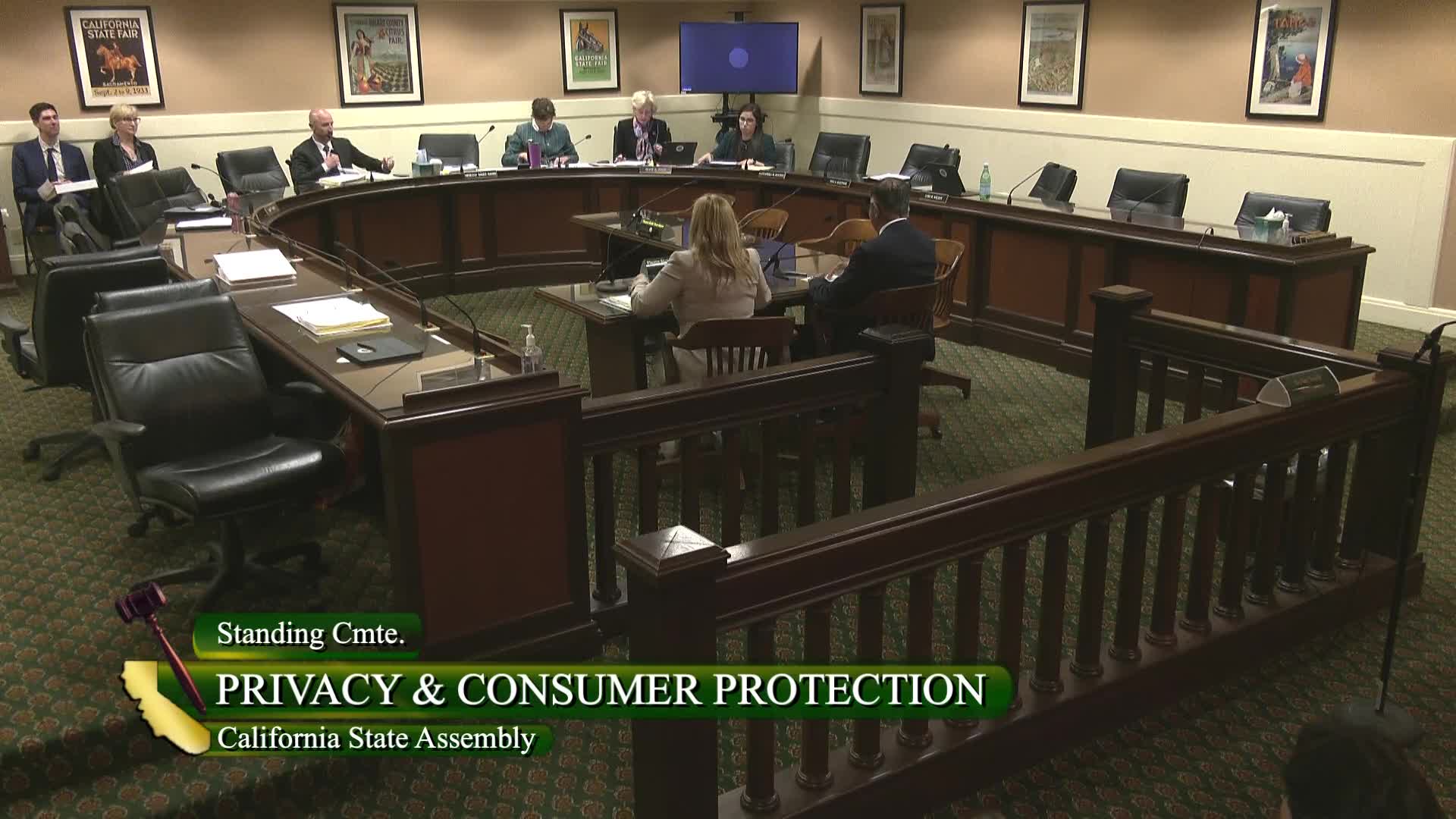Article not found
This article is no longer available. But don't worry—we've gathered other articles that discuss the same topic.

Committee backs ban on predictive firing by automated decision systems, requires human oversight in employment
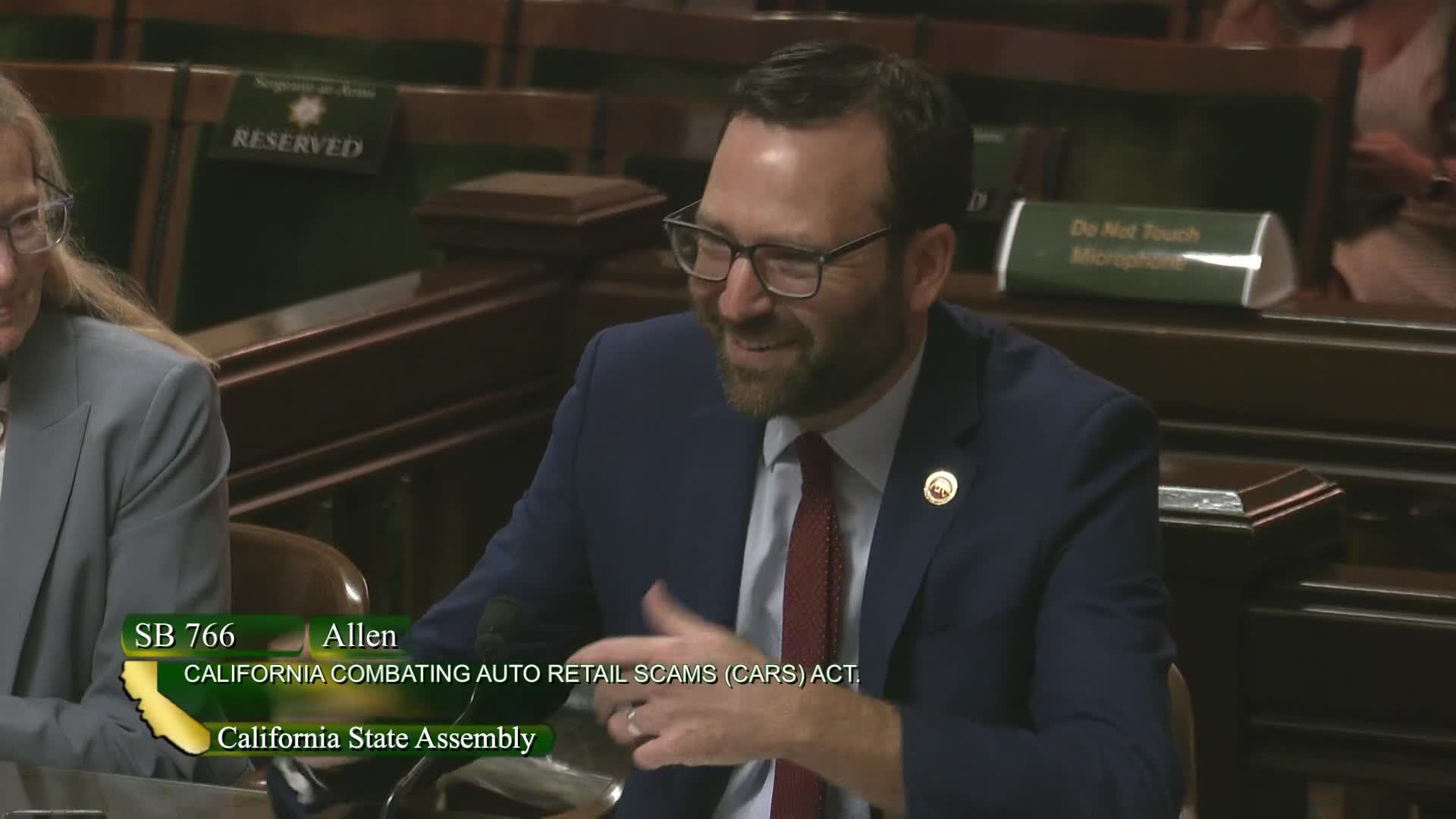
Assembly advances overhaul of used-car sales: 3‑day cooling-off period and clearer pricing rules

Sen. Wiener advances AI safety transparency bill, including Cal Compute and whistleblower protections
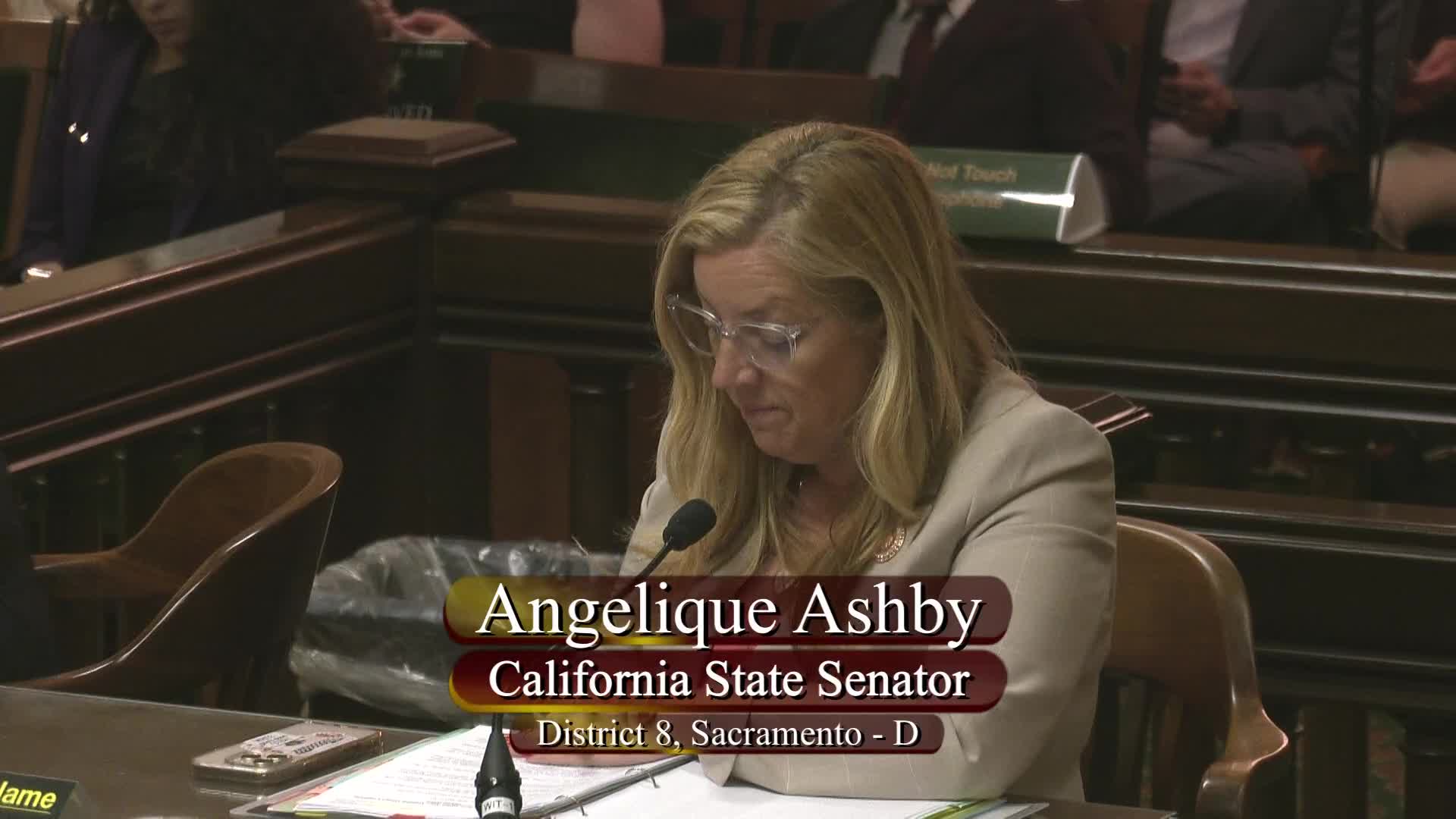
Bill to modernize red‑light camera enforcement advances with civil fines and privacy guardrails
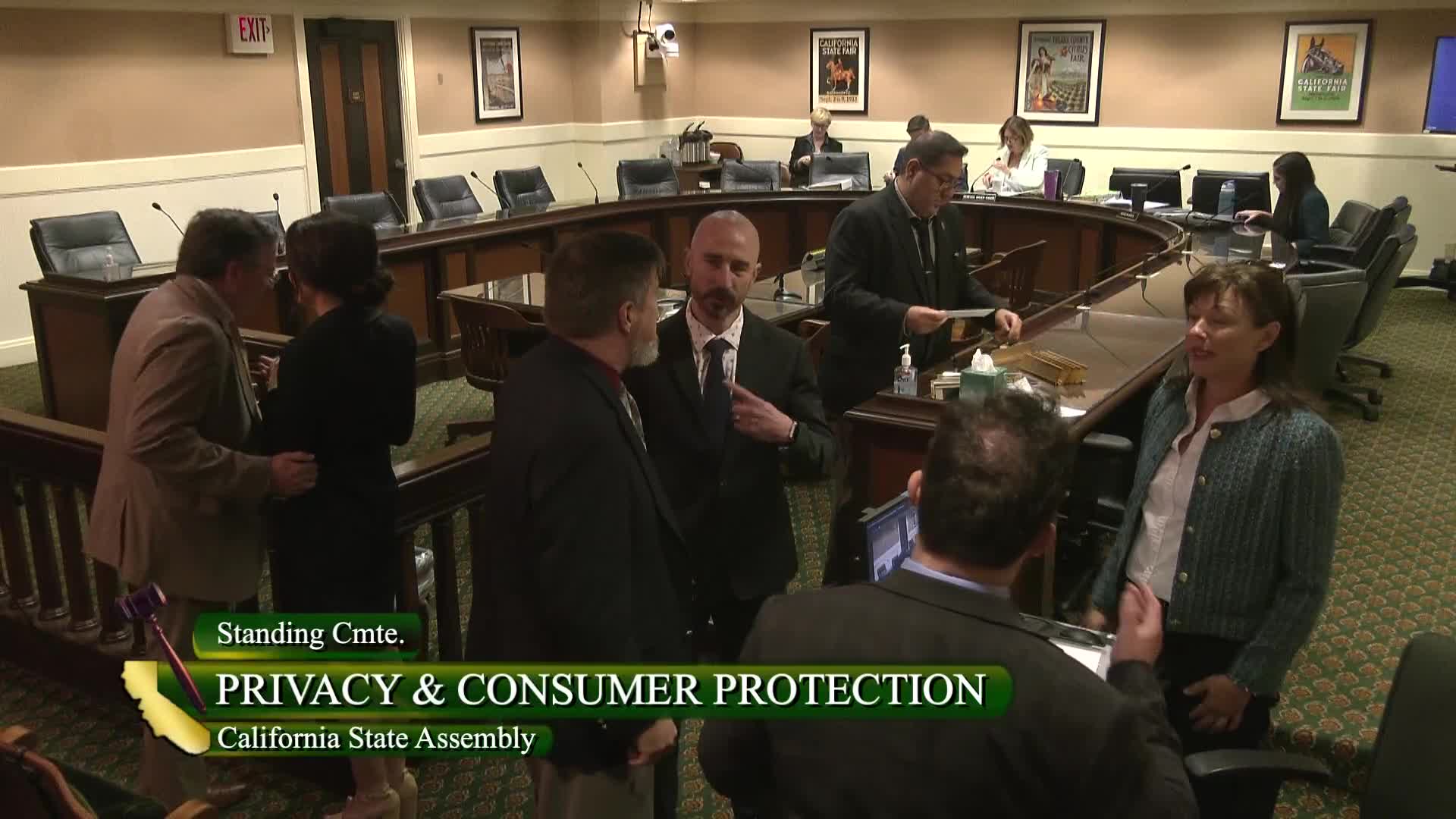
Votes at a glance: Assembly Consumer Protection and Privacy Committee (selected items)
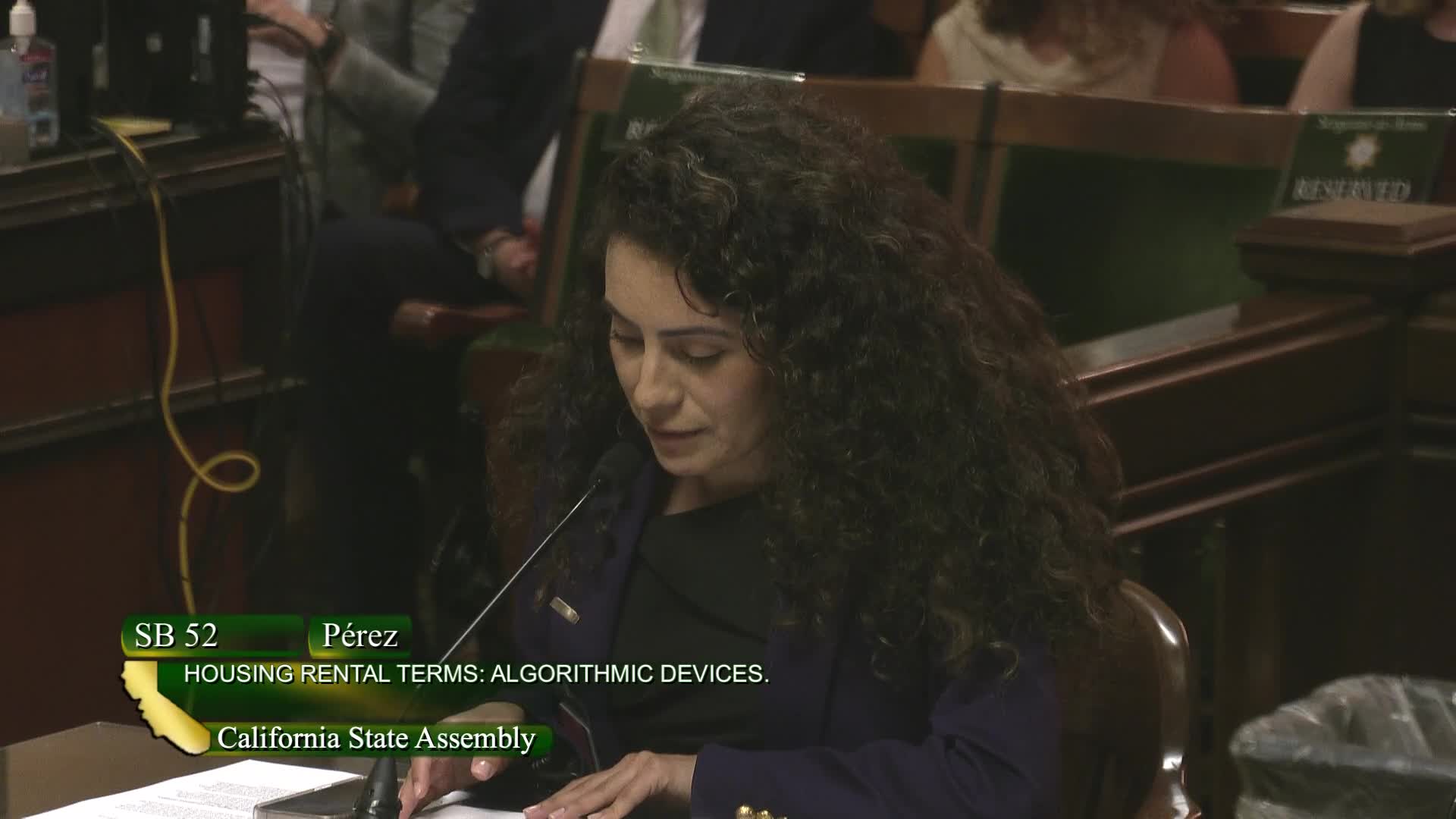
Senate bill would tighten limits on license‑plate-reader data: 60‑day retention cap and stricter access rules
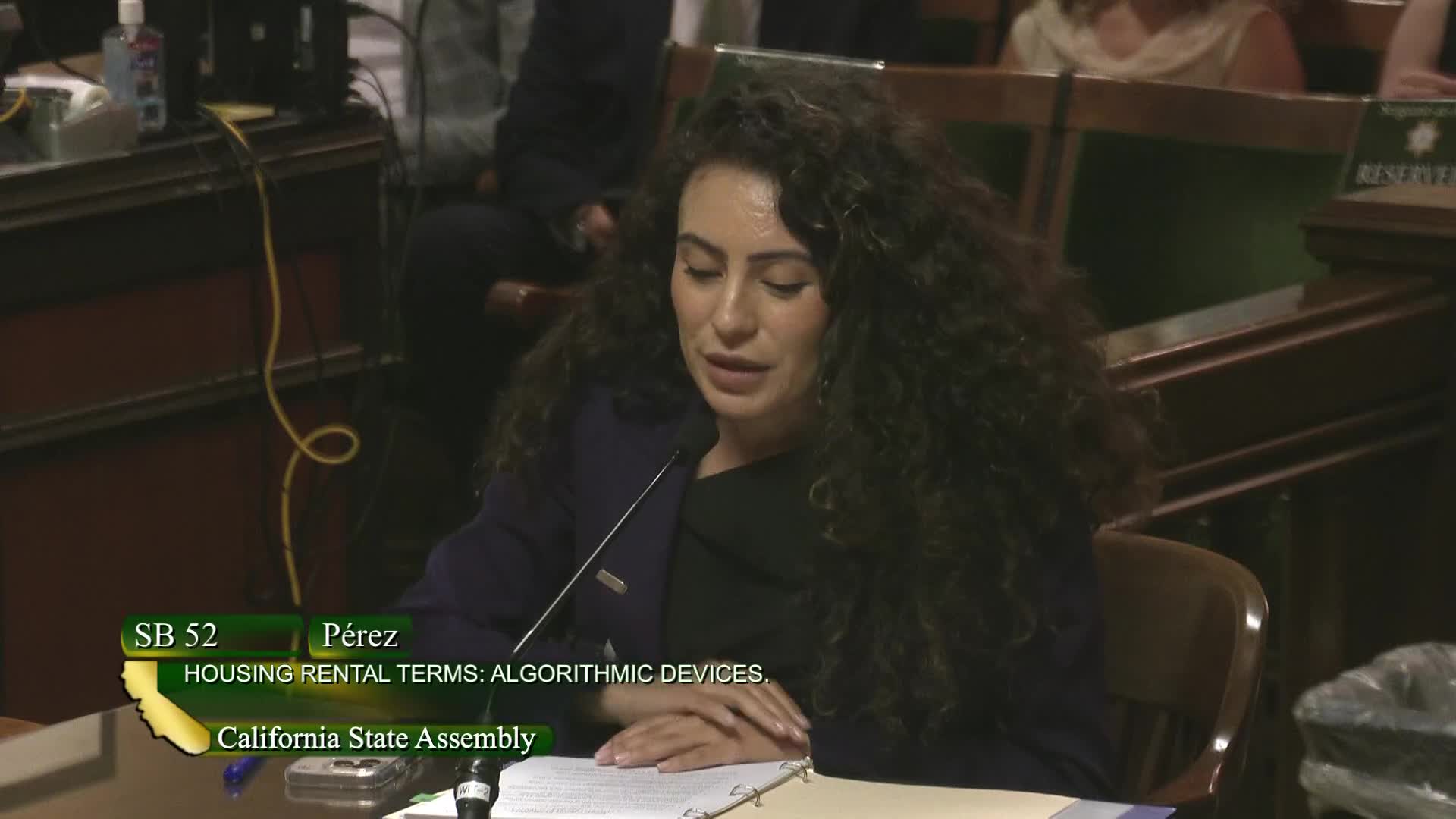
Bill targets algorithmic rent‑setting practices; landlords and vendors ask for liability clarifications
